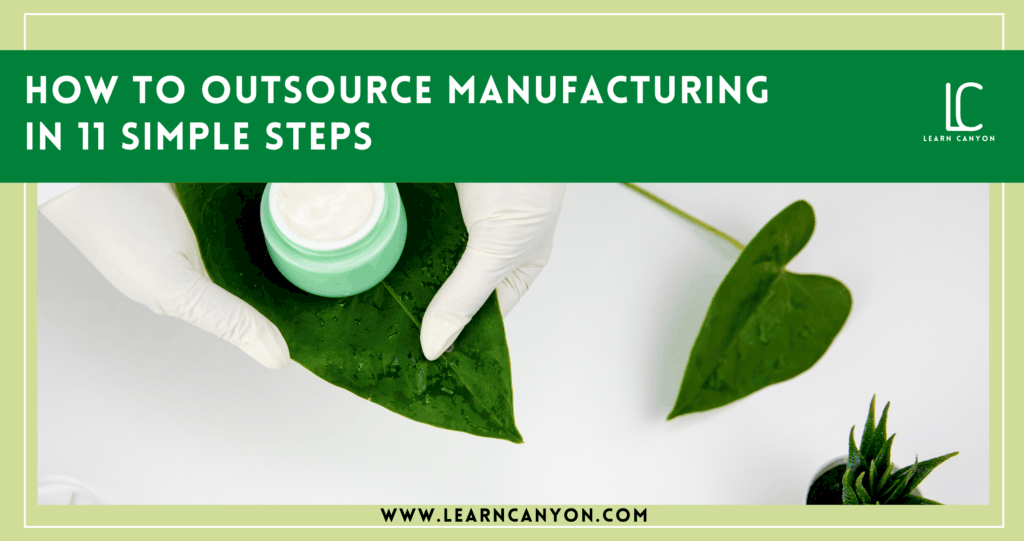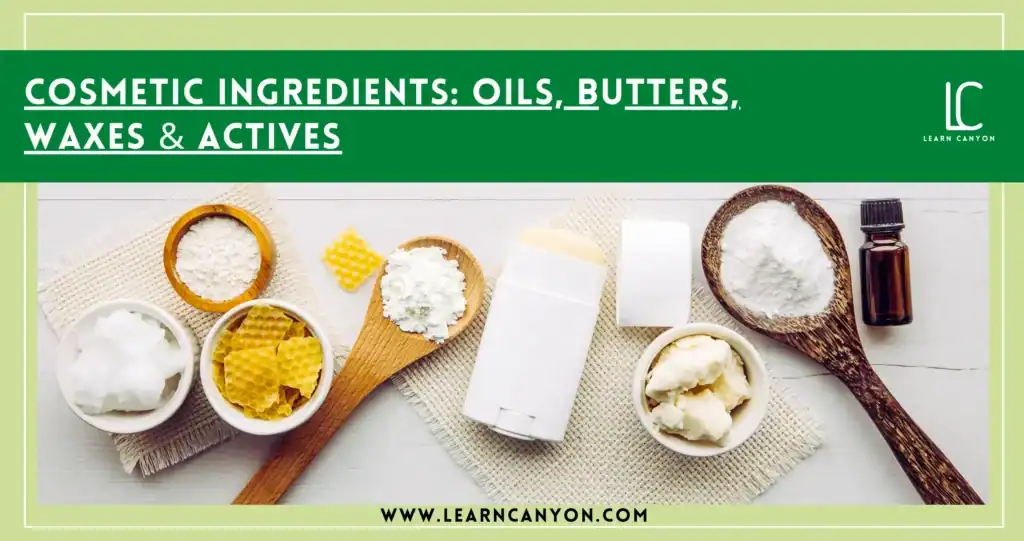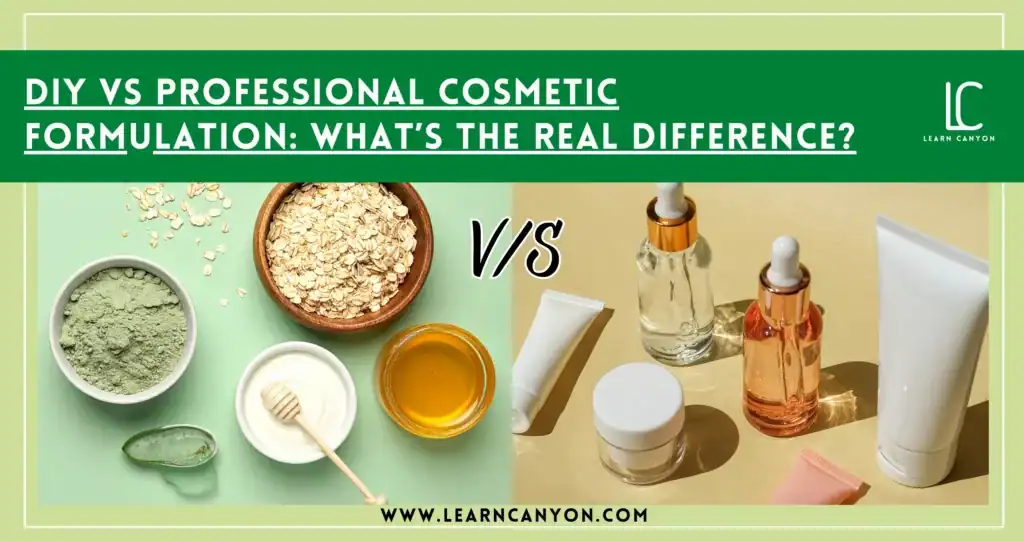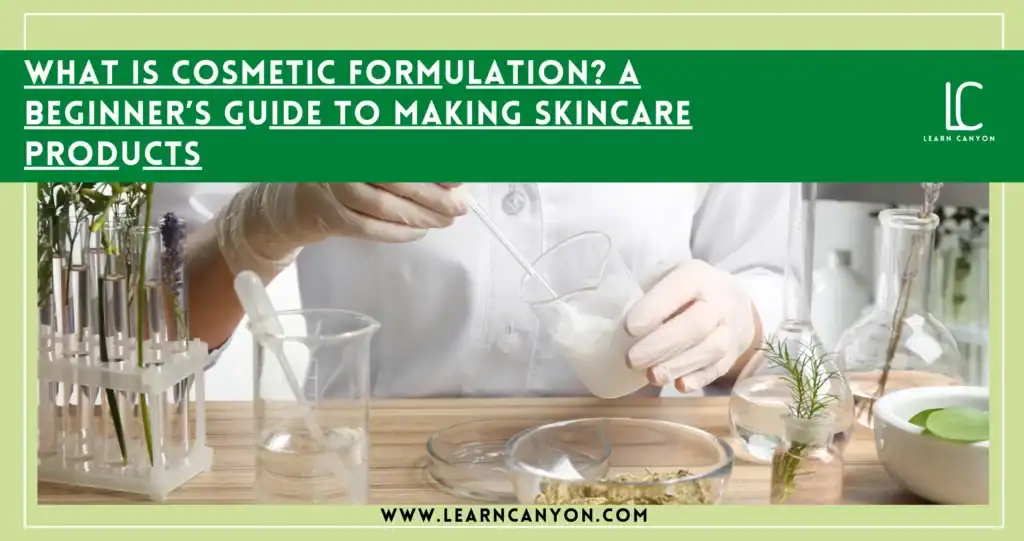We always try to ease out things for you. So let us understand what is manufacturing and what do you mean by outsource Manufacturing for your skincare/haircare Product line.
Manufacturing is the making of your skincare/haircare product by hand or by a machine that upon completion, you can sell to a customer.
Items used in manufacture may be the organic formulations that you used to make an end product. The manufacturing usually happens on a large-scale production line of machinery and skilled labor.
Now, as we know what manufacturing is, let us find out what we mean by outsourcing the manufacturing.
This simply means that you hire people outside of the company to formulate and build an entire product. The main reason why companies choose to do this is to cut costs.
Labor is often among any company’s largest costs. Outsourcing parts of the production line to a third party in a lower-cost location leads to a significant decrease in production costs.
It is more affordable to outsource production processes to companies that have a comparative advantage in that area than to produce them internally. Many times one of the greatest advantages of outsourcing is to utilize assets that are already in place without having to make an investment in fixed costs.
The assets could be anything like the plant, property, or equipment.
Many of us are at the stage where we want to outsource skincare/haircare manufacturing of their formulations.
Outsourcing the manufacturing of your skincare/haircare products can feel like a daunting step for you and your business, but as long as you make sure you have a legal agreement in place with your manufacturer you should be adequately protected.
We have seen many entrepreneurs enter into such skincare/haircare manufacturing arrangements without any legal agreement in place, so we encourage you to keep this as one of your main objectives before getting into a full-fledged business.

Follow These to Outsource Manufacturing
Set the right expectations by creating a formal brief
When you first start working with a manufacturer, you should put together a formal brief which lists what you expect them to make.
If you haven’t yet finalised your formulations and you will be working with your manufacturer to create the finished formula, then you will also need to agree a brief that specifies which ingredients you want them to use, how you want your products to be preserved and which ingredients are banned.
We request you to be more detailed so that there are less chances of any unnecessary confusion.
Legal contracts with your manufacturer
We only consider having a confidentiality agreement or non-disclosure agreement (NDA) but we advise you to sign a performance-related contract with your manufacturer.
You also have the option to speak to a lawyer to make things easier and to keep the contracts within the legality that we might not be aware of.
Keep in mind that the lawyer needs to be located in the jurisdiction where the contract is based. We understand that it might cost money to hire a lawyer, but you should view this as an essential investment for your business.
Imagine the money you could lose if something goes wrong and you have no way of placing accountability or liability with your manufacturer?
Otherwise, you can always take advice from a lawyer who might be in your close network to avoid the cost but considering the fact that you need to do all the legal work without any mistakes. What do you prefer out of these two is totally up to you.
Good Manufacturing Practices (GMP) for Cosmetics
Good Manufacturing Practices (GMP) of cosmetic products are mandatory in the EU, and are highly recommended by many other countries, such as the United States.
For example, in the EU, it is mandatory that you comply with ISO22716:2007 when you manufacture cosmetics.
Rigorous adherence to Good Manufacturing Practice (GMP) minimizes the risk of adulteration or misbranding of cosmetic products.
Talk to your manufacturer about GMP and make sure you are totally in agreement with their interpretation of Good Manufacturing practices.
Ask every necessary question to make sure that it is in compliance with the law.
For this, it is important that your manufacturer is friendly enough to encourage you to know everything about them.
Certifications to prove the Standards are met
If we are making sure that your product is meeting necessary requirements then we request you to make your products be organically certified.
It is up to you what are the other standards that you would like to meet. For example, are you going to meet Halal, vegan, gluten-free, or paleo requirements?
If your brand is going to be certified by any specific standards, then not only will your formulations have to meet their requirements, but so will the facilities where they are made.
You will need to discuss your certification needs with the skincare/haircare manufacturing facility you choose. It may even be better if you find a facility that is already certified to make organic products, or Halal products, or vegan products.
This way they are familiar with all the steps they must undertake in order to meet the necessary requirements to make sure that it is certified by specific standards.
Intellectual Property and its importance during manufacturing process
We believe in simplifying things. So let us simplify and tell you what Intellectual Property is.
In simple words, it refers to the ownership of the product that you make. It gives you an exclusive right to claim that the product is yours, nobody else can copy or reuse the creation without the owner’s permission.
We are not referring to the ownership of your end product but also to the formulations.
For example, if the manufacturer makes any tweaks to your formulation, is it still yours? If you decide to terminate your contract with this manufacturer and work with a different one, can you still make the same formula?
Make sure that your legal agreements protect your Intellectual Property.
Please think through all eventualities before you sign a contract, Please please please make sure that you are protecting your product through Intellectual Property because at the end of the day it is yours.
So you have all the rights to claim so!
Sourcing the ingredients and your approval on the same
Are you in agreement with where your manufacturer is sourcing the ingredients? When you outsource your skincare/haircare manufacturing, you’ll need to agree where your manufacturer will source their ingredients.
You may have certain ethical or sustainability requirements that might not align with your agreement which is understandable. Consider all the points you can to also know and decide where your supplier is going for shopping your formulations.
Have an agreement in place that specifies what happens if you need to change suppliers.
How will your manufacturer ensure consistency if they suddenly need to source their ingredients from another company or region? Will you receive a sample first to approve any changes?
Please make sure that you are aware of what is happening for every change and if you are agreeing with it.
Importance of a benchmark sample
Before you outsource the manufacturing of your skincare/haircare products, you should agree on the texture, colour, fragrance and every small detail of your formulation.
Imagine a situation where your manufacturer changes their supplier all of a sudden, and your product is now much thicker and won’t pump out of the containers?
You’ll need a benchmark sample to refer back to.
This is why, you and your manufacturer should be clear on how your product will look, smell, function and feel.
You’ll need to make a benchmark sample in the final packaging that you intend to use. So make sure that you have checked with your manufacturer on the sample that they will aim to replicate each time.
Lead time and Batch size
Batch size is the number of units manufactured in a production run. Lead time is the time between the initiation and completion of a production process.
You have to be clear on how long these lead times are because if you run out of stock and then have to wait 2 months or probably 4 months before your next batch is delivered.
This shouldn’t negatively impact your business.
Therefore, it is important that you are in agreement with your manufacturer about what exact skincare/haircare manufacturing facility will deliver and when they will deliver it.
Will you have regular batches manufactured or will they be manufactured as and when you need them?
How much lead time and notice does your manufacturer require before they can deliver your batch to you?
Also, agree on the size of your batch. What is the Minimum Order Quantity of products manufactured by your facility?
Keep in mind that the fewer units you produce, the more they will charge. The equipment capacity and maximum quantity allowed determine the maximum batch size.
You will need to be prepared for a big capital outlay and you will need to be sure that you can sell them within a suitable time frame considering the fact that the organic skincare/haircare formulations might have a short shelf life.
Make batch codes a part of your manufacturing strategy
Batch code allows the product to be traced back to a specific batch. Products with the same batch code can then be recalled or withdrawn from the supply chain.
You must squeeze a batch code somewhere onto your packaging as this is part of your manufacturing strategy and part of Good Manufacturing Practice.
The cosmetic labels have to deal with lengthy ingredients lists and cosmetic allergen declarations, so make sure that you leave space for your manufacturer to print a batch code onto your labels.
Where and how will they do this? What will it look like? These are all points you must discuss upfront and agree with your manufacturer.
Tests that will be undertaken by the manufacturer
You must be specific about the types of tests you want to be undertaken.
For example, thermal stability, centrifuge, freeze/thaw stability, photostability, etc. could be the ones that you want to undertake and then you must agree to a testing schedule with your manufacturer. How often do you want these tests to run?
Do you want them to keep any reference samples? Where and how should these samples be stored? Do you want to receive reports about their tests?
These are all points you must consider when you’re agreeing a skincare/haircare manufacturing strategy.
Please remember that regular cosmetic stability testing should be part of any formulator’s lab and this includes your manufacturer.
If you want to make sure that each batch of your products is stable then you need to agree to such tests upfront with your manufacturer.
Dealing with returns or complaints
You need to deal with returns or complaints that relate to the manufacturing of your formulations.
There are times when things go wrong with your manufacturer during the formulations.
There is a possibility that your manufacturing caused contamination in your formulation to the whole batch. What would you do?
Who would shoulder the financial liability of a batch that had to be recalled and destroyed? What will you do if you have to undertake a product recall because your manufacturer got something wrong?
What if your formulation is growing microorganisms because your batch was accidentally contaminated? These are the points you must consider as you put together your contract.
It is not easy to outsource the manufacturing responsibility to anyone you don’t trust. There are many points you should consider before you outsource the manufacturing of your skincare/haircare products.
We will not comment that outsourcing isn’t for everyone because it is nothing that you cannot learn, you might make a ton of mistakes but make sure you are not repeating them over and over.
In case, outsourcing is not working out then please know that you are not alone as there are also some successful formulators who are keen to keep the integrity of their manufacturing process in-house.
If outsourcing is an approach you want to take then we recommend that you consider all of these points in detail.
Once you have freed up this massive part of your business, you’ll then be able to focus on the other important aspects like marketing and sales of your brand.
We know a few who have outsourced the skincare/haircare manufacturing and also a few who processed this in-house.
If you would like to get in touch with them or to know how this is done then we request you to reach out to us.
We also recommend you to go through our online courses on organic skincare formulation and organic hair care formulation.
We’re also launching many more exciting and in-depth courses. We’ve Priya and her team from Learn Canyon with expertise in organic skincare and haircare products.
We teach you how to formulate a wide range of such products and we will guide you through different stages of formulations, share knowledge about ingredients and you will eventually learn how to work with them.
The courses are designed to improve the skill in formulations and steps to take further for starting a skincare and haircare business.
We’re here with multimedia courses that have detailed formulation and also provide certification for our students to excel in their dreams.
So what are you waiting for? Stay with us! Enroll now!











